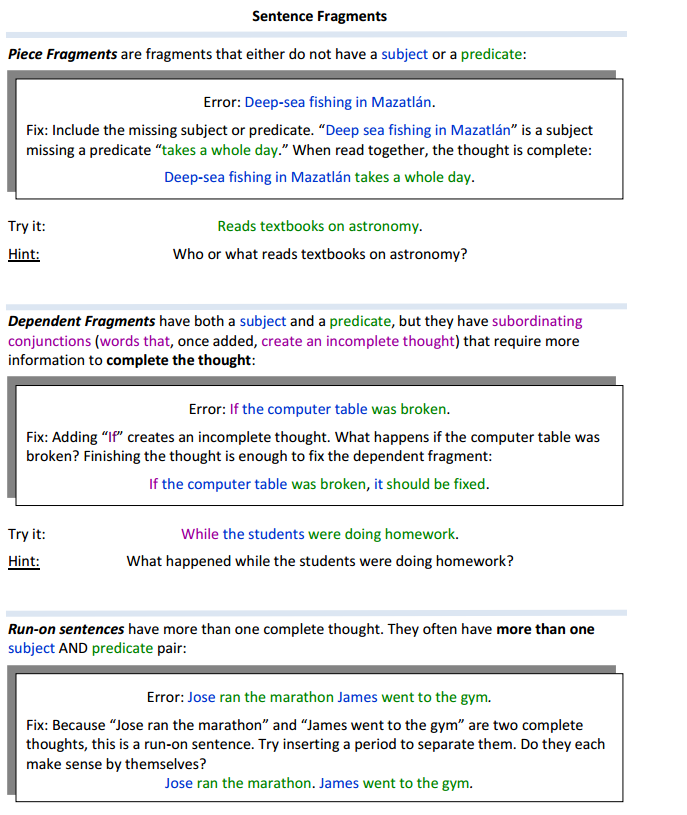
“The interruption of the incessant,” Maurice Blanchot writes, “that is the distinguishing characteristic of fragmentary writing. As a genre of disruption, the postmodern aesthetic of the fragment revels in its own incompleteness, its partiality, since all texts are incomplete and all poetic language insufficient. In general, postmodernism is less regretful and nostalgic than modernism-it no longer yearns for wholeness-and postmodern poets typically view the fragment as a kind of emancipation that breaks the omnipotence of totalizing systems. Eliot’s “ The Waste Land” (1922), which he summarizes as “These fragments I have shored against my ruins.” There is even greater vertigo in the destabilizing fragments of contemporary poetry, sometimes coolly giddy, as in John Ashbery, sometimes desperate for insight, as in Jorie Graham. They created discontinuous texts, collages and mosaics, fragmentary epics such as Ezra Pound’s The Cantos (1915–1969), Louis Zukofsky’s “A” (1927–1978), and T. Is this unease what Kincaid intends Maybe. The modernist poets reinvented the fragment as an acutely self-conscious mode of writing that breaks the flow of time, leaving gaps and tears, lacunae. Fragments are also used frequently in advertisements to keep the text short.

Anne Janowitz characterizes the romantic fragment as “a partial whole-either a remnant of something once complete and now broken or decayed, or the beginning of something that remains unaccomplished.” It becomes a radiant moment out of time, which can never be completed because it aspires to the infinite. A Fragment of a Turkish Tale” (1813) all were presented as lyrics with a purposeful partiality. One of Friedrich Schlegel’s fragments defines the genre: “A Fragment must as a miniature work of art be entirely isolated from the surrounding world and perfect in itself, like a hedgehog.” Coleridge’s “ Kubla Khan: or a Vision in a Dream. The passion for ruins as well as the taste for poetic relics and antiquities contributed to the acceptance of the romantic fragment, which we now recognize as a genre in its own right and a prototype of romantic poetry in general. Readers had become so accustomed to reading unfinished texts by the early nineteenth century that it became acceptable and even fashionable to publish poems that were intentionally fragmentary. In the medieval and Renaissance eras, fragments were often allegorical, suggesting something broken off from a divine whole.
Intentional fragment examples professional#
Even though we know that Greek lyric is mere fragments, indeed, because we know that Greek lyric is mere fragments, we act, speak, and write as if the unthinkable had not happened, as if pious bishops, careless monks, and hungry mice had not consigned Sappho and her lyrical colleagues to irremediable oblivion. Dive into a few intentional fragment sentences made by professional writers to convey a specific message (underline them): " Im home, but the house. No experience in reading, perhaps, is more depressing and more frustrating than to open a volume of Sappho’s fragments and to recognize, yet again-one always hopes that somehow this time it will be different-that this poetry is all but lost to us. . . . Johnson puts it in The Idea of Lyric (1982): Much of the work of the ancients comes down to us in fragments and tatters, cut pieces. The following definition of the term fragment is reprinted from A Poet's Glossary by Edward Hirsch.Ī part broken off, something cut or detached from the whole, something imperfect.

Salt, selenium, arsenic, radon and radium in the water in the gravel in your bones.A fragment is a part of a larger work or a poem made to appear discontinuous or incomplete. "The hawk sailing by at 200 feet, a squirming snake in its talons.Over the main entrance the words CENTRAL LONDON HATCHERY AND CONDITIONING CENTRE, and, in a shield, the World State's motto, COMMUNITY, IDENTITY, STABILITY." Brave New World, Aldous Huxley "A squat grey building of only thirty-four stories.

Megalomaniac hatred and desire for revenge." - Moonraker, Ian Fleming

Sentence fragments usually lack a subject or verb, or they dont convey a complete. Sometimes, authors intentionally use sentence fragments to emphasize their writing or convey something harsh or disjointed. A sentence fragment may appear to be a complete sentence, but it is not.


 0 kommentar(er)
0 kommentar(er)
